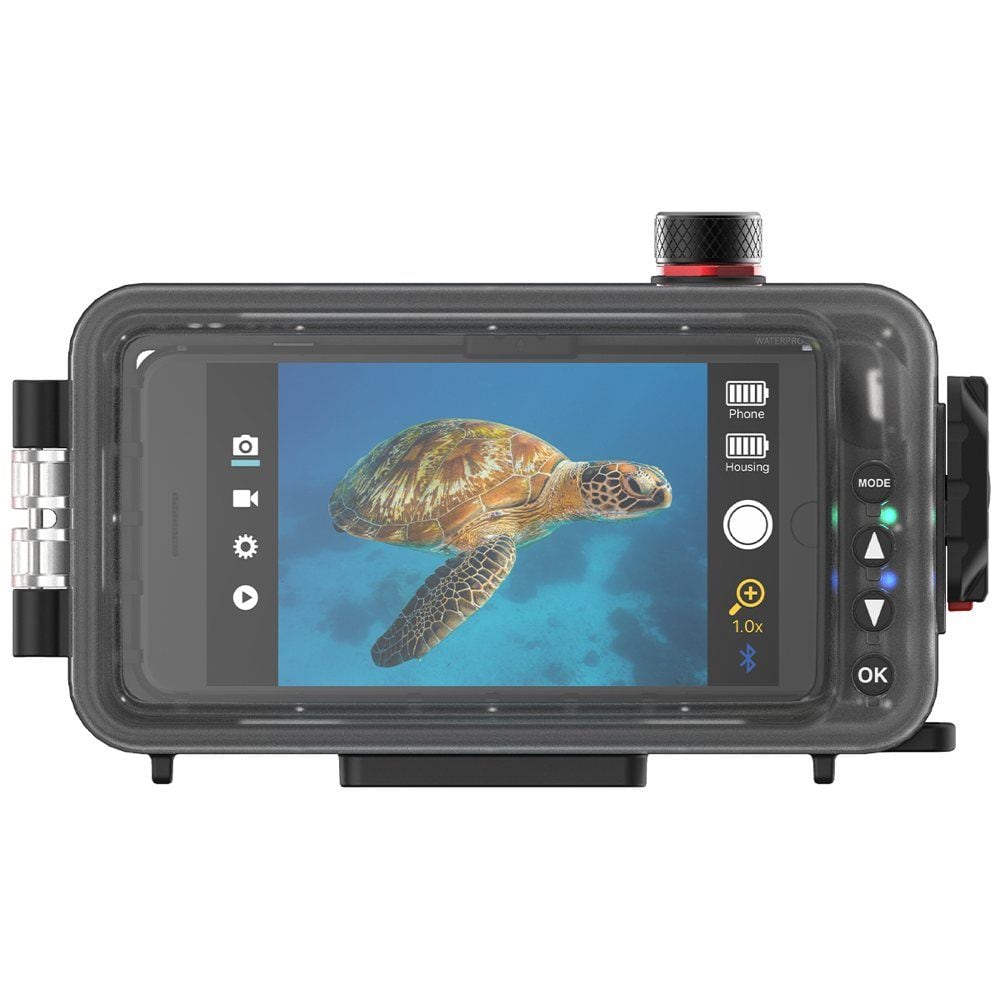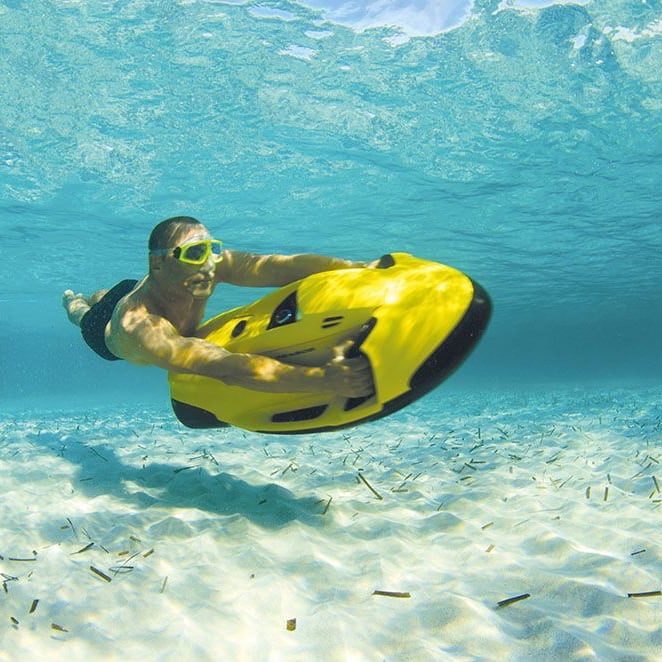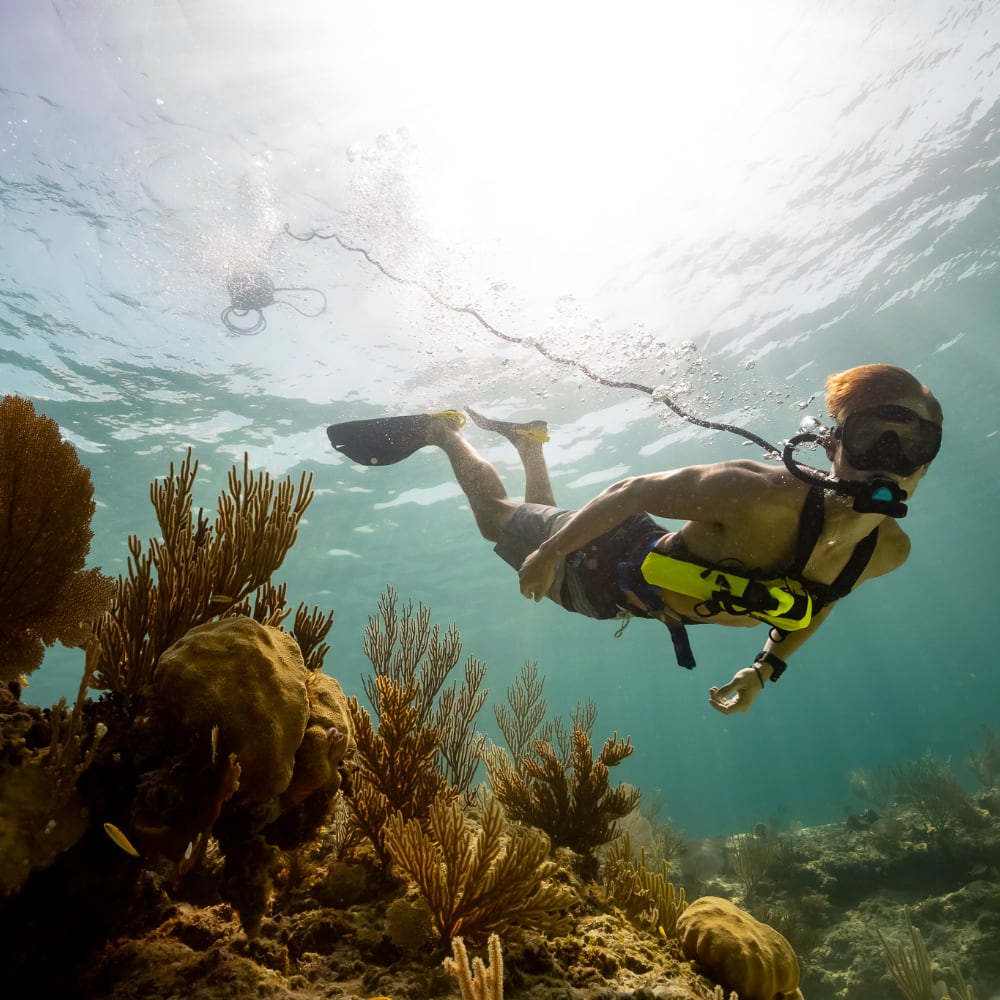Many years ago, when I was a young research scientist, I won the Bulletin’s ‘letter of the month’ competition, arguing that ‘science’ was the new ‘arts’. Where once the arts sought to explain our world, now we had ‘science’! Science offered the tools to truly explain how the universe worked. Science was evidence-based and sought to demonstrate causation through repeatable observations.
More recently, I’ve been giving presentations as a consulting marine ecologist, on the ‘State and Fate of the Great Barrier Reef’ – helping non-scientists better understand the effects of development and particularly of climate change. Seeking to stress that climate change wasn’t just sea-level rise, I often cited a paper I’d heard given at the annual Australian Coral Reef Society conference. 
A young researcher had shown that subtle changes in the pH of sea water had a profound effect on the ability of anemone fish to detect predators – predicted ‘ocean acidification’ looked like it might be catastrophic for anemone fish within a couple of decades. The young scientist published her research in prestigious journals like Nature, and the International Union for the Conservation of Nature took on the cause.
But last year, after close international scrutiny, the young researcher’s work was determined to have been fabricated! Those respected science journals with their esteemed editorial boards and peer-review process had been hood-winked. The scandal still tarnishes the research out-put of one of Australia’s most prestigious universities.

The moral to this story is that no, the ends never justify the means. In addition to giving her career a boost, the young scientist no doubt thought her ‘findings’ would also help the fight against climate change. The reality is that we live in a sceptical world. The proven fabrication of data in just one study, can (and indeed probably can) irreparably damage the reputation of an institution and a profession.
I remain convinced that science does offer the tools to explain the universe. As scientists we have an obligation to use those tools with integrity and present our results with absolute objectivity. And you have an obligation to hold us accountable.
Bio Dr John Thorogood

Dr John Thorogood is a Senior Principal Ecologist with frc environmental
and an Adjunct Associate Professor at the University of the Sunshine Coast, Queensland, Australia.
John is currently celebrating his 50th year ‘underwater’. Always ‘mucking around the rocks’, John learnt to dive by accident - his mum thought it was a ‘safe snorkelling’ course.
Today, John’s passion for the sea remains as strong as ever, combined with a desire to see its conservation founded on evidence-based science.
Whilst government-backed research is vital to building the knowledge base to support sound decision-making, consulting provides the opportunity to directly influence industry. John and the team at frc environmental consider themselves fortunate to be in such a privileged position.





